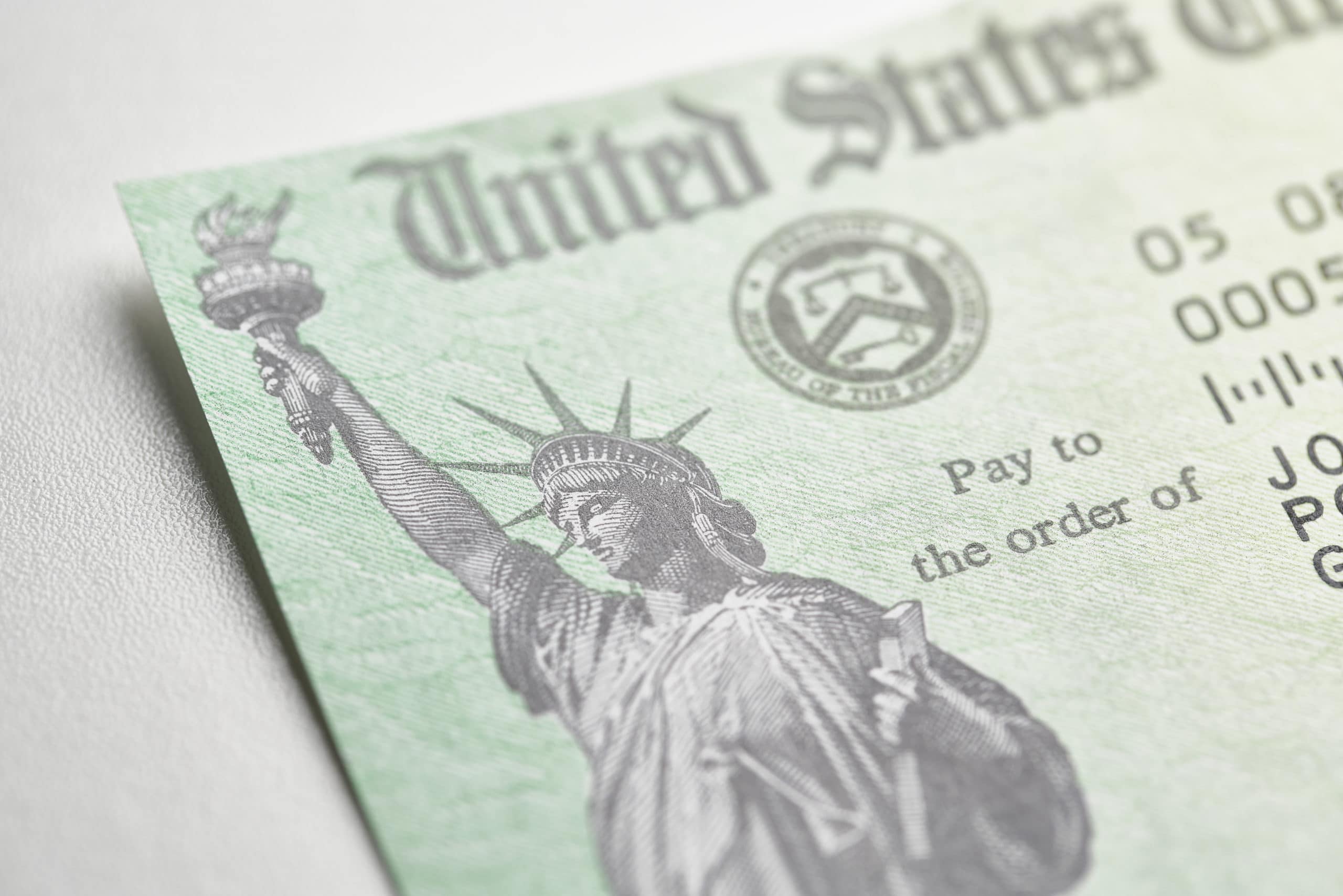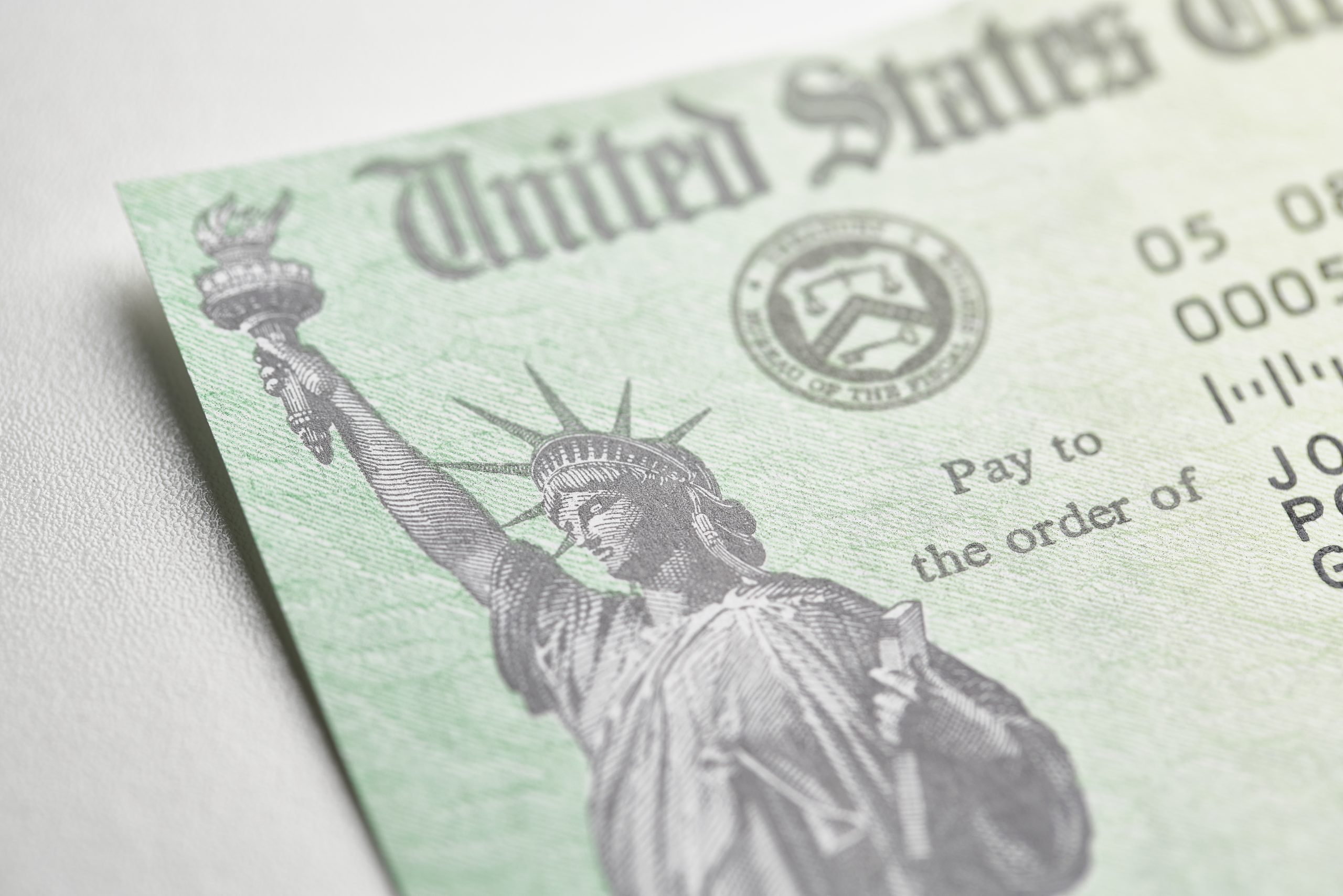
The coronavirus and resulting economic crisis have left millions of Americans in financial distress, and individuals with disabilities are no exception. While recent federal aid programs and financial supplements are intended to help support those in need, they have added further complications to the Social Security Disability benefits process.
The latest confusion comes in the form of Lost Wages Assistance (LWA), a federal coronavirus aid program created by the Trump administration. On September 2, FEMA approved Wisconsin Governor Tony Evers’ application to receive funds for those who have lost wages.
Though a clear boon to jobless workers, the program has raised concerns over how SSD recipients will be affected—if at all. Here’s what we know.
Lost Wages Assistance Program
On August 8, President Donald Trump signed an executive order that extended $44 billion of federal emergency funds to unemployed Americans. Because the money comes from the Disaster Relief Fund—the same fund that pays for recovery efforts in the wake of natural disasters—the program’s budget will be limited.
Under the Lost Wages Assistance program, FEMA provides approved states with federal funding to offer jobless workers an extra $300 each week. And though the initial application only covers three weeks of aid, additional funding will be considered on a weekly basis. The decision to extend the aid comes weeks after the previous $600 federal unemployment supplement expired at the end of July.
According to Wisconsin’s Department of Workforce Development (DWD), Wisconsin has applied for funding to cover an additional four weeks of unemployment assistance. If approved, tens of thousands of unemployed Wisconsin workers will be able to receive a maximum of $1,200 in extra funds.
At first blush, the additional unemployment money may seem unrelated to Social Security Disability payments. Yet given the murky nature of public benefits, there is some overlap between the two—and that overlap can be difficult to navigate.
The Relationship Between Disability and Unemployment Benefits
Social Security Disability and unemployment benefits tend to be mutually exclusive because their purposes are fundamentally different. While unemployment benefits are paid to people who are willing and able to work but cannot find a job, Social Security Disability Insurance (SSDI) is generally provided to people who are unable to work due to a disability.
Though most states will consider granting exceptions to some SSDI recipients, Wisconsin is not most states. In 2013, the state legislature barred SSDI recipients from receiving disability and unemployment benefits at the same time. So, when the economy sputtered in the wake of the pandemic, many suddenly jobless SSDI recipients were unable to apply for unemployment benefits.
Thankfully, Congress’s CARES Act offered a glimmer of hope to financially struggling SSDI recipients—even those in Wisconsin. Through a CARES Act provision known as Pandemic Unemployment Assistance (PUA), workers who are generally considered ineligible for unemployment benefits will be able to apply.
Although Wisconsin’s DWD initially continued to deny claims from SSDI recipients based on the 2013 state law, the department announced on July 27 that it received federal permission to declare these individuals as eligible to receive PUA.
Furthermore, the Social Security Administration’s other disability program, Supplemental Security Income (SSI), presents another area of overlap. SSI is a need-based program designed to support people with limited income and resources, and many SSI recipients work at least part-time. These individuals are generally considered eligible to receive unemployment if they lose their jobs.
How Could the Supplement Affect Social Security Disability Recipients?
Most people receiving Social Security Disability benefits will see no change in their benefit payments. However, the federal unemployment supplement does have the potential to affect unemployed disability recipients in different ways.
For those simultaneously receiving SSDI and unemployment benefits: If you are receiving SSDI benefits and plan to apply for unemployment, you will need to report the amount of income you receive from disability. Although unemployment benefits will not affect the amount you receive from SSDI, how much you receive from SSDI has the potential to reduce the amount you receive in state unemployment benefits.
For those simultaneously receiving SSI and unemployment: Because SSI is determined based on an individual’s earned and unearned income, any changes to an SSI recipient’s income must be reported. Therefore, if you receive SSI and have recently lost your job due to the coronavirus, you will need to report your job loss and unemployment payments to the Social Security Administration. When you report your change of circumstance, benefits received through SSI may be reduced or paused. You will be able to reinstate your SSI when unemployment runs out.
What Can Wisconsin Disability Recipients Expect?
According to former DWD secretary Caleb Frostman, unemployed Wisconsin workers may have to wait to see the supplement included in their payments. Even though FEMA approved Wisconsin’s initial application in early September, Frostman estimates that eligible unemployment recipients will start receiving the financial aid in early to mid-October.
In the meantime, the department will be preparing to disburse the new benefits.
“DWD has already begun setting up the program to ensure claimants receive these supplemental benefit payments as quickly as our technology can accommodate,” Frostman told the Milwaukee Business Journal.
Yet many Wisconsin residents hesitate to put too much faith in the DWD, which has struggled to process the recent influx of unemployment insurance claims. In a report released on September 21, the DWD estimated that 704,989 of the claims it has received since March 15 are still being processed.
Additionally, many officials remain hopeful that Congress and the Trump administration will be able to agree on another stimulus package.
“While I am grateful to be able to provide an additional $300 to eligible claimants, Wisconsin needs Congress and the Trump administration to come to an agreement on a continued, robust response to the pandemic,” Gov. Tony Evers said in a statement.
All in all, finances are likely to remain at the forefront of many Wisconsinites’ minds. If you or a loved one receive disability benefits and have recently become unemployed, we recommend connecting with a trusted Social Security Disability lawyer to discuss your situation.
